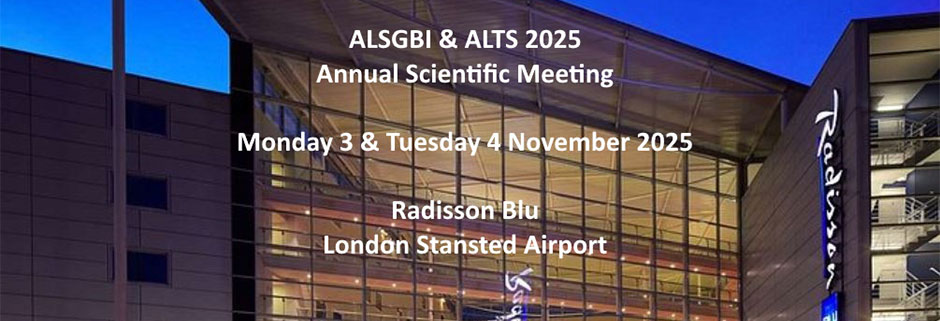Key journal policies
Open access policy
All articles will be published with immediate open access
 . All content is freely available without charge to the user or his/her institution. Users are able to read, download, copy, distribute, print, search, or link to the full texts of the articles in this journal for non-commercial purposes without asking prior permission from the publisher or the author under the following terms:
. All content is freely available without charge to the user or his/her institution. Users are able to read, download, copy, distribute, print, search, or link to the full texts of the articles in this journal for non-commercial purposes without asking prior permission from the publisher or the author under the following terms:
- Attribution: You must give appropriate credit, provide a link to the license, and indicate if changes were made. You may do so in any reasonable manner, but not in any way that suggests the licensor endorses you or your use.
- Non-Commercial : You may not use the material for commercial purposes.
Charges
An article processing charge of £300 GB pounds (new price effective for articles submitted from 1 January 2025) is payable by authors on acceptance of their manuscript. Authors also may pay in US dollars or Euros (these options will be available when paying online). US dollar and euro prices may vary with the exchange rates at the time of payment.
There are no submission charges.
There is no charge for colour figures.
Copyright
Articles will be usually be published under the
Creative
Commons Attribution-NonCommercial 4.0 International License (CC BY-NC).4

However, if stipulated by the author’s funding organization, the
Creative Commons Attribution 4.0 International License (CC BY)
may be used.

Copyright remains with the author (or the author’s employer if the employer has claimed the copyright).
Peer review policy
All articles will be peer-reviewed (double blind peer review) by Editorial Board Members or referees in the appropriate specialty. The editors aim to review all submissions within three weeks.
Authors may recommend suitable referees. A referee selected by the Journal will always be consulted.
Ethics
This journal endorses the COPE (Committee on Publication Ethics) Code of Conduct and Guidelines and will pursue cases of suspected research and publication misconduct including plagiarism. In such cases, the journal will follow the processes set out by COPE. For more information about COPE please visit the COPE website at www.publicationethics.org.
Plagiarism
All articles submitted to the journal should be the author’s own original work.
Plagiarism can be defined as when an author presents the work of others (data, words or theories) as if they were his/her own and without proper acknowledgment. Plagiarism can include re-use (or close paraphrasing) of text, data or illustrations from previously published works without appropriate acknowledgement, referencing and/or permissions.
Journal of Surgical Simulation screens manuscripts for overlap with previously published works using CrossRef’s Similarity Check, powered by iThenticate. The Similarity Check report generated for each submitted article helps the Editors to assess the originality of the text as part of the review process.
Any cases of suspected plagiarism will be investigated following guidelines issued by COPE.
Errors, corrections and retractions
Corrections after publication of the article are only possible in exceptional circumstances. In the event that an error is discovered in an article after publication, Journal of Surgical Simulation will consider what action may be needed and may issue an erratum (for errors by the publisher) or a corrigendum (for errors by the author) if deemed appropriate, referring to COPE guidelines as applicable.
If there are serious errors that significantly affect the conclusions, or in the unusual event of any scientific misconduct being discovered after publication of an article, Journal of Surgical Simulation will follow COPE guidelines to determine how best to proceed. Under certain circumstances a retraction may be required.
Authors or readers who become aware of errors in published articles should contact the Editorial Office of Journal of Surgical Simulation.
Self-archiving, pre-prints and deposits
If an author wishes to deposit their article in an institutional or subject-based repository, Journal of Surgical Simulation encourages authors to use the final published PDF version of their article. The deposited version should be linked to URL of the published article on Journal of Surgical Simulation’s website.
Research articles that have been previously posted (without peer review) on pre-print servers or institutional websites may be submitted for consideration under the following conditions:
- The author has retained copyright in the pre-print and works developed from it.
- On submission to the journal, the author must mention that the pre-print is available in their covering letter, including a link to the location of the preprint.
- If the article is accepted for publication in Journal of Surgical Simulation, the author must update the pre-print record with the DOI and link to the URL of the final published version of the article in the journal (version of record).
- The author acknowledges that it may not be possible for their identity to be kept anonymous during double blind peer review, if a preprint is publicly available.
Long term archiving
Journal of Surgical Simulation’s content is deposited in the British Library’s legal deposit archive to ensure its long term preservation.
Guidelines for authors
Please refer to our Guidelines for Authors for full details of journal policies.



 Select Speciality
Select Speciality
